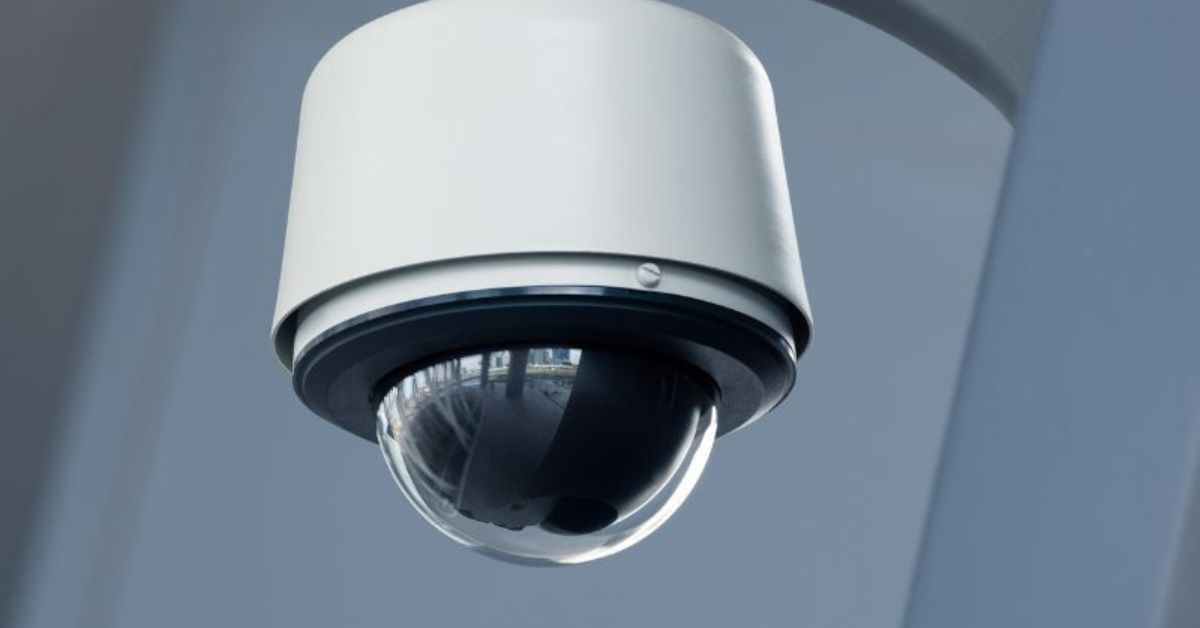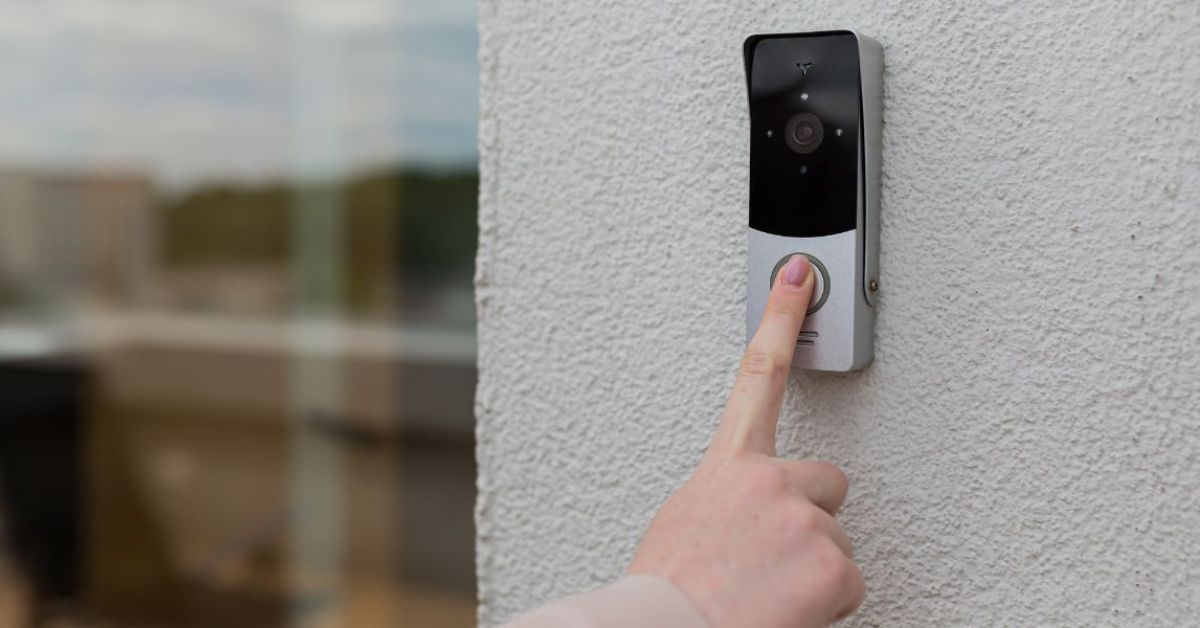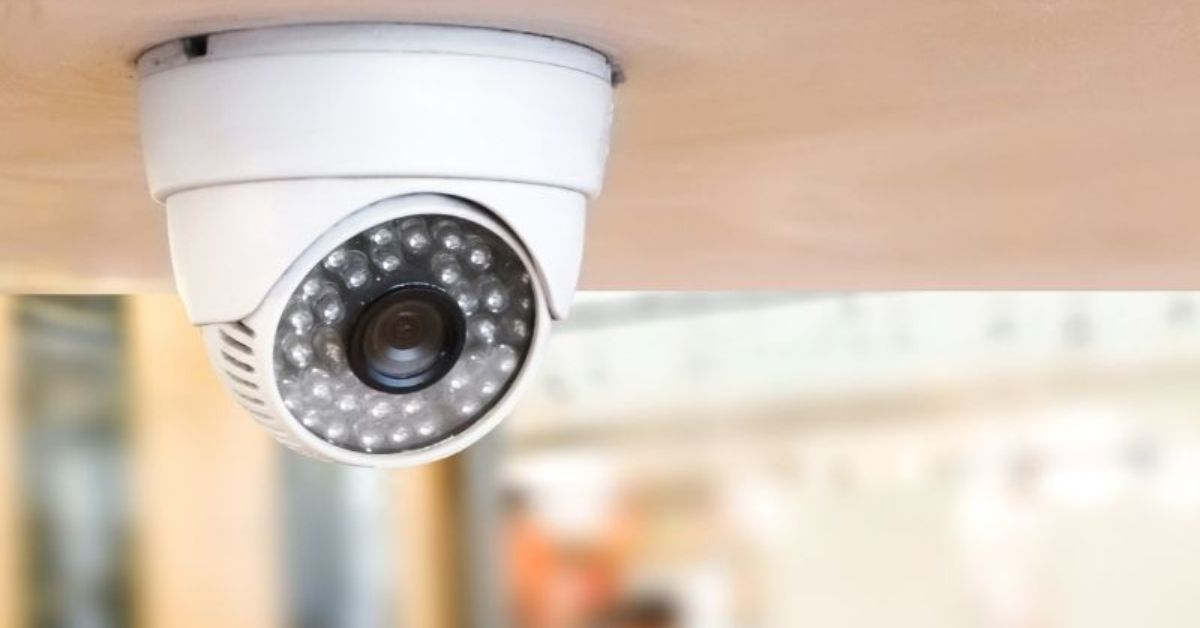Pros and Cons of Wired vs. Wireless Security Cameras
See What the Debate is All About



When it comes to securing your home or business, the choice between wired and wireless security cameras can significantly impact the effectiveness and convenience of your surveillance system. As technology continues to advance, both wired and wireless options offer unique advantages and drawbacks that cater to different needs and preferences.
Let’s look at the pros and cons of wired vs. wireless security cameras and how they can help you make an informed decision for your security needs.
Pros of Wired Security Cameras
Wired security cameras come with several advantages that make them a popular choice for many users. First and foremost, they generally provide a more reliable and stable connection since they are directly connected to a power source and the recording device. This stability often translates to higher video quality without interference, ensuring that crucial details are captured effectively.
Additionally, wired systems are typically less susceptible to hacking since signals are transmitted through cables rather than wireless transmission, enhancing your home’s security. Installation tends to be more straightforward in terms of maintaining power and connectivity, making it ideal for permanence. Finally, wired cameras often have a longer life span, as they are less affected by environmental factors that can compromise wireless technology.
Cons of Wired Security Cameras
While wired security cameras offer numerous advantages, they also come with some drawbacks. One of the most significant cons is the complex installation process, which often requires professional help, especially in larger properties or when running cables through walls. This con can lead to added costs and time delays.
Additionally, wired systems are less flexible; once installed, relocating cameras can be challenging without additional wiring. If a power outage occurs, the functionality of wired cameras is compromised unless there is a backup power source in place.
Furthermore, the physical cables used can be vulnerable to damage, whether from weather, animals, or human activity, potentially affecting the system’s performance. Thus, while wired cameras provide stability, their limitations can be a concern for some users.
Pros of Wireless Security Cameras
Wireless security cameras present a range of benefits that appeal to many users. One of the most significant advantages is their ease of installation; without the need for extensive wiring, these cameras can be set up quickly and repositioned easily to meet changing security needs. Additionally, wireless systems offer greater flexibility, allowing users to adjust camera placements without the hassle of running cables.
They often come equipped with advanced features such as remote access via smartphone apps, letting users monitor their properties in real-time from virtually anywhere. Furthermore, modern wireless cameras typically include built-in battery backups, ensuring continued operation during power outages. This convenience and adaptability make wireless security cameras an attractive option for both homeowners and business owners looking to enhance their security systems.
Cons of Wireless Security Cameras
While wireless security cameras offer convenience and flexibility, they also pose several challenges that potential users should consider. One major con is their reliance on Wi-Fi connectivity; if the internet signal is weak or interrupted, it can lead to missed recordings or reduced video quality. Additionally, wireless cameras are more susceptible to hacking and interference from other wireless devices, potentially compromising security. Battery life is another concern, as some models may require frequent recharging or replacement, which can be inconvenient.
Environmental factors such as extreme temperatures can also affect their performance. Finally, the range within which a wireless camera can operate is limited, necessitating strategic placement to ensure a comprehensive view of the property, which can sometimes be challenging.
Installation Considerations
When deciding between wired and wireless security cameras, proper installation is a critical factor to consider. For wired systems, it’s essential to plan the layout and determine the best locations for cameras to cover all vulnerable areas while minimizing the amount of visible cabling. This planning may require drilling holes and running cables through walls, which can be time-consuming and may necessitate professional help.
In contrast, wireless cameras allow for more flexible installation without the need for extensive wiring. However, ensuring a strong Wi-Fi signal in the designated areas is crucial for optimal performance. Users should also take into account power sources, as battery-operated cameras may require periodic maintenance. Ultimately, thoughtful planning can significantly enhance the effectiveness of the chosen security camera system.
Cost Comparison
Cost is a vital consideration when selecting between wired and wireless security cameras, as both systems can vary significantly in price. Wired cameras often have a higher upfront cost due to the expense of the cameras themselves, installation materials, and potential professional installation fees.
On the other hand, while wireless cameras may have a lower initial cost, users must consider ongoing expenses such as battery replacements and potential subscription fees for cloud storage or advanced features. Additionally, some high-end wireless systems with extensive features can rival the price of wired setups. It’s crucial to evaluate the total cost of ownership for both options—factoring in installation, maintenance, and any additional services—to make a well-informed choice that fits both security needs and budget constraints.
Recommended Use Cases
When choosing between wired and wireless security cameras, specific use cases can guide the decision. Wired cameras are ideal for fixed installations in larger properties or settings where consistent, high-quality video is required, such as warehouses or expansive retail spaces. Their stability makes them perfect for monitoring sensitive areas where security is paramount.
Conversely, wireless cameras excel in residential environments, particularly for those who value flexibility and ease of installation. They are suitable for renters or individuals looking to adjust camera placements frequently without complex rewiring. Additionally, seasonal or temporary setups, like monitoring outdoor events, benefit from the convenience of wireless systems. By understanding the distinct advantages of each, users can choose the most suitable option for their unique security needs.
Selecting between wired and wireless security cameras ultimately hinges on individual needs, property characteristics, and budget considerations. Wired cameras offer reliability, stability, and enhanced security features, making them a suitable choice for permanent installations in properties where high-quality video is paramount. On the other hand, wireless cameras provide unmatched flexibility and ease of installation, ideal for those who require adaptability and remote access to their surveillance systems. By carefully weighing the pros and cons of each option, along with installation requirements, costs, and specific use cases, users can make an informed decision that best supports their security objectives and ensures peace of mind.
If you’re looking for home security system installers, Action Security is a reliable choice. Our trained team can assist you in deciding which type of security camera system suits your needs and provide professional installation services to ensure maximum effectiveness. Contact us today for a consultation and take the first step toward securing your property.